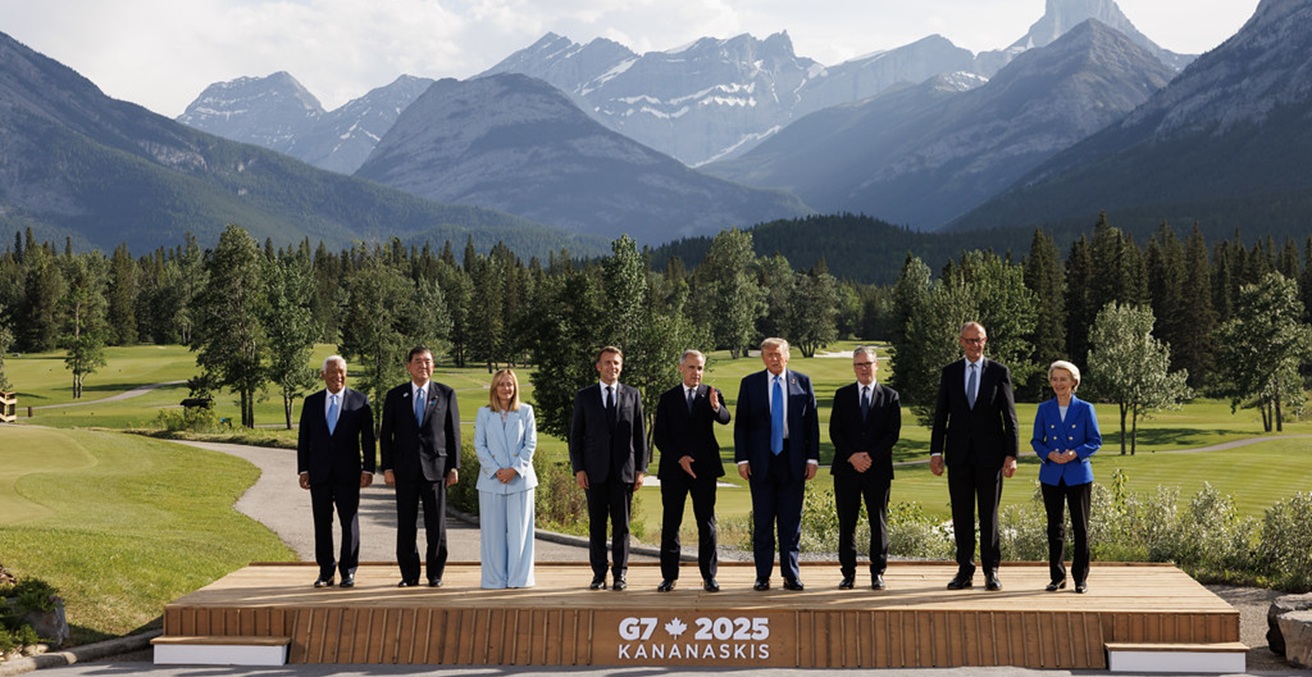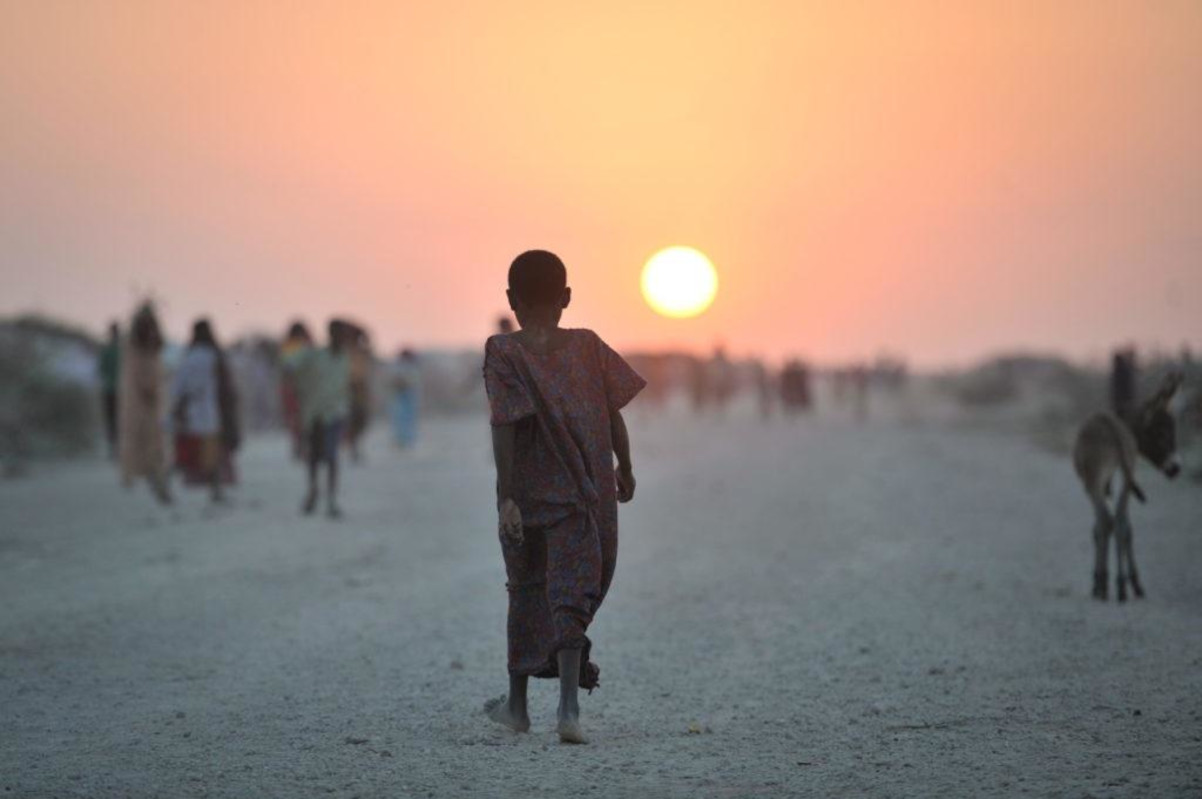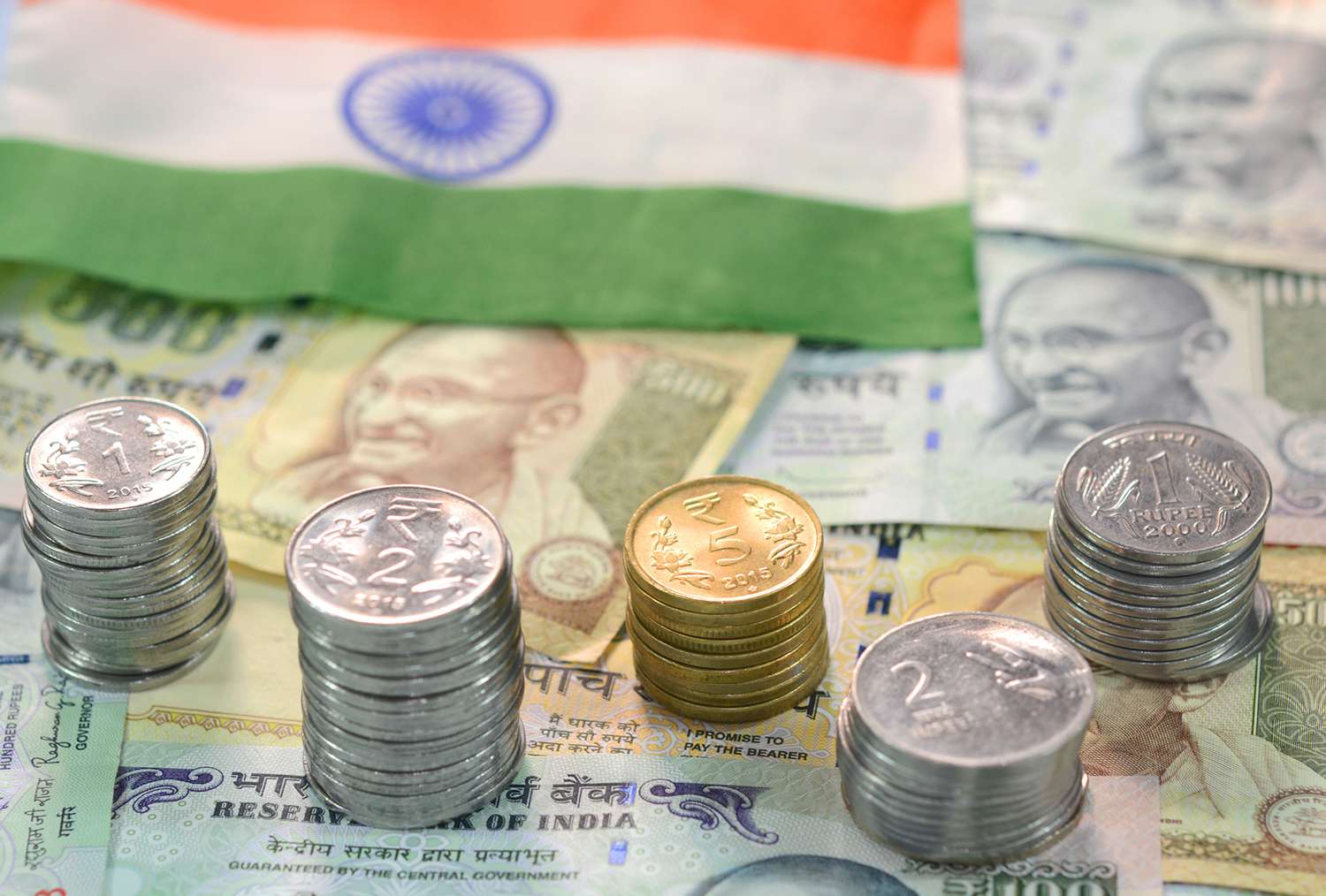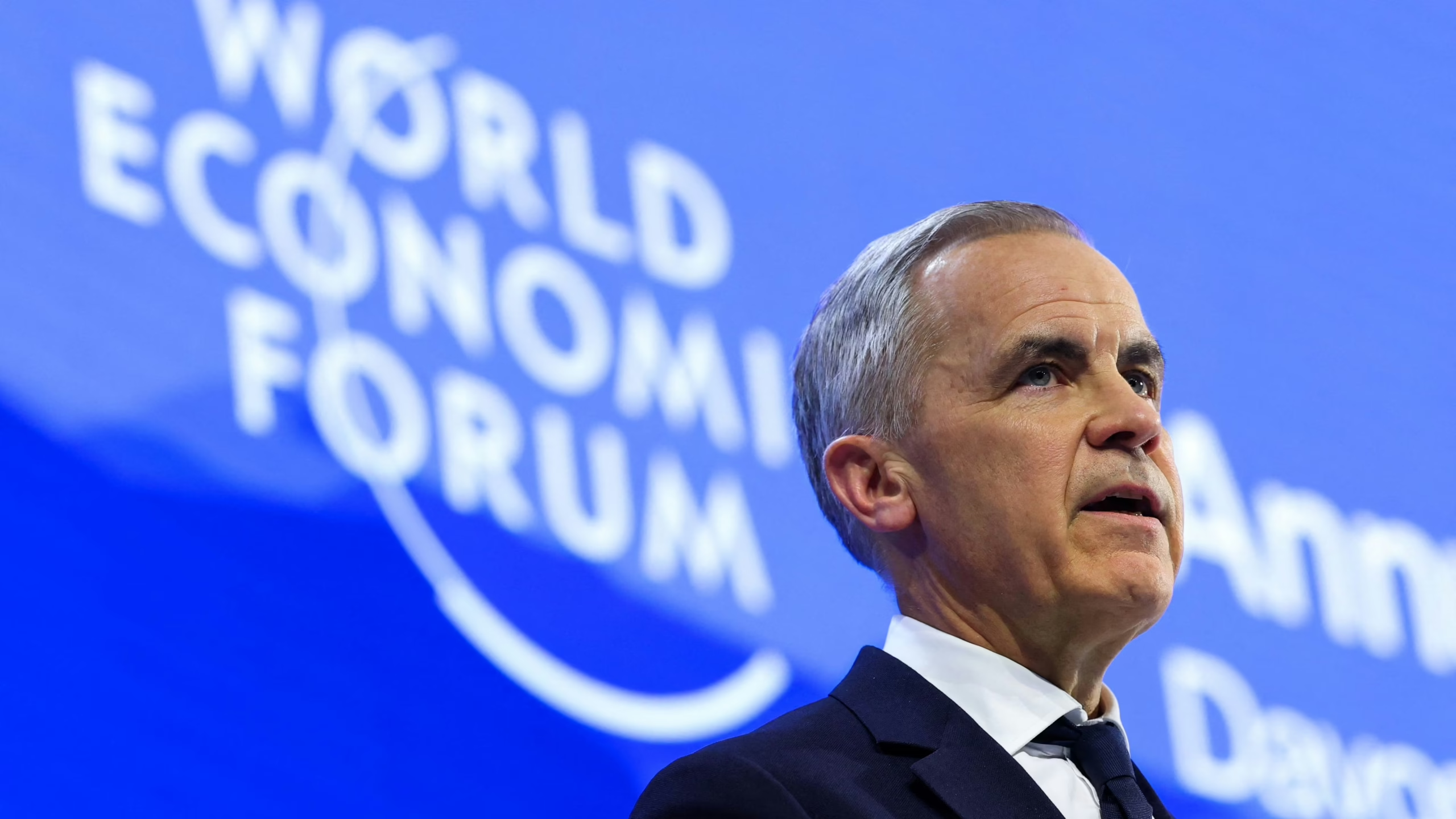When Indonesia’s president, Prabowo Subianto, declined a rare invitation to the G7 Summit in Canada this week—opting instead to appear beside Vladimir Putin at the St. Petersburg International Economic Forum—it wasn’t just a matter of scheduling. It was a signal: Indonesia is quietly reorienting its foreign policy away from the West and toward a new geopolitical bloc anchored by China and Russia.
Jakarta cites timing issues. Canada’s invitation, officials said, came after Prabowo had already committed to events in Russia and Singapore. But the optics matter. And the message, whether intentional or not, is hard to miss: Indonesia is choosing a different path—one less concerned with appeasing Washington or Brussels, and more aligned with the worldviews of Beijing and Moscow.
That pivot has been building for months. In January, Indonesia became the first Southeast Asian country to join BRICS, the emerging coalition that includes Brazil, Russia, India, China, South Africa, and now several new members like Egypt and the United Arab Emirates. For Jakarta, the move represented more than symbolic diplomacy. It was a bid to join what BRICS calls a “multipolar world,” one that seeks to rebalance global power away from the United States and its allies.
At the heart of this realignment is a growing frustration with Western economic unpredictability—now embodied in the return of Donald J. Trump to the global stage.
In April, Trump imposed what he branded “Liberation Day” tariffs: a ten percent baseline levy on nearly all imports, plus targeted penalties on steel, autos, and aluminium, and on countries with large trade surpluses—including Indonesia. According to Indonesia’s trade ministry, exports like textiles, footwear, electronics, palm oil, and furniture are now subject to tariffs as high as 32 percent. These sectors employ hundreds of thousands of Indonesians. The government estimates the tariffs could shave off up to half a percentage point of GDP growth in 2025.
The economic fallout has been swift. Orders from US buyers are slowing. The rupiah has weakened. Investors, sensing turbulence, have turned to gold. Indonesia’s palm oil exporters are lobbying for emergency tax relief just to stay afloat.
Seen from Jakarta, Washington no longer looks like a stable partner. And the G7—already seen by many in the Global South as an exclusive club—now appears less relevant to Indonesia’s aspirations than emerging forums like BRICS and the Shanghai Cooperation Organization, where China and Russia shape the agenda and Global South voices carry more weight.
That context helps explain Prabowo’s decision. His upcoming appearance in St. Petersburg is not merely ceremonial. It reinforces Jakarta’s pursuit of closer ties with China and Russia—not just politically, but economically. Energy corridors, currency swaps, alternative payment systems: these are the kinds of initiatives Indonesia now views as strategic, especially as US tariffs continue to undercut the benefits of Western trade.
But Indonesia’s choice carries risks. The G7 summit offers more than symbolic status. It represents an opportunity to engage with the world’s most powerful economies on pressing global issues—foreign interference, energy security, development finance. Skipping it means forfeiting a seat at that table and handing influence to others.
Western capitals take notice. In Washington and Brussels, Prabowo’s absence is interpreted not as nonalignment, but as disengagement. And for multinational firms and investment banks deciding where to place their bets, perceptions of geopolitical reliability matter.
Indonesia has long prided itself on its independent foreign policy, staying non-aligned during the Cold War and acting as a bridge between competing powers. But Prabowo’s current trajectory suggests a narrowing of that posture. He is not just hedging between East and West; he leans eastward—toward a bloc where democratic norms are weaker, but trade and influence may come with fewer conditions.
That may make sense in the short term, especially as US trade policy grows more protectionist. But it comes at a cost: a diminished voice in shaping the rules of the global system. At a time when middle powers like Indonesia are becoming increasingly influential, withdrawing from key diplomatic arenas leaves Jakarta with less leverage—precisely when it needs more.
Prabowo’s choice to stand with Putin instead of sitting with G7 leaders will resonate far beyond this news cycle. It reflects Indonesia’s shifting worldview—and reminds us that, as the global order continues to evolve, the fault lines are not only between old powers and new, but between the institutions they choose to shape, or abandon.
Dr Muhammad Zulfikar Rakhmat is a researcher focusing on China-Indonesia-Middle East relations. He holds a B.A. in International Affairs from Qatar University and a M.A. and Ph.D. in Politics from the University of Manchester. Yeta Purnama is a researcher at the Center of Economic and Law Studies.
This article is published under a Creative Commons License and may be republished with attribution.





